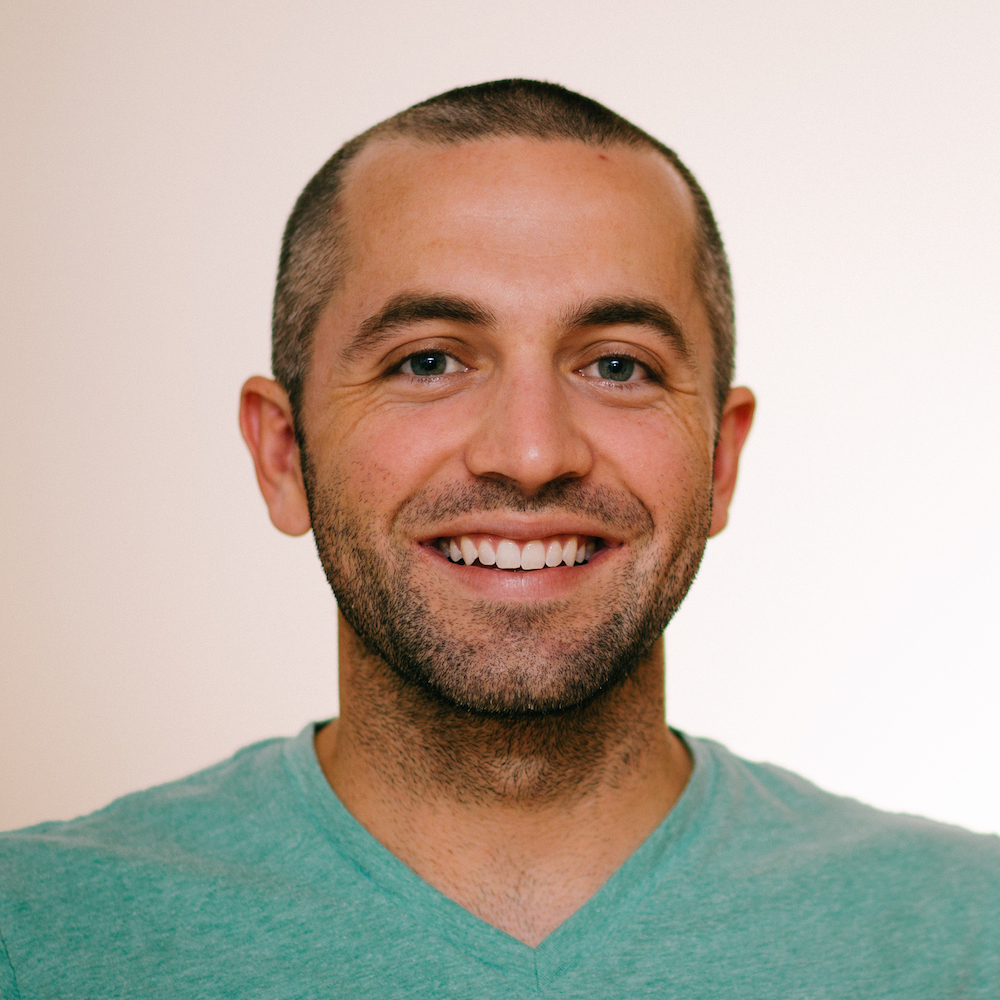Hey All,
Here are a few things I've been reading and pondering lately. Enjoy this week's issue and if you're feeling inspired, pass it on.
1. The Wisdom of Dumb Questions
Nearly twelve years later, this article still holds up.
"Has Enron become a risky place to work?"
That was a pretty dumb thing to ask at Enron in August 2001. Risky? The firm was apparently flying high. Its stated goal, which could still be asserted with a straight face, was to become "the world's greatest company." But that dumb question was the very first line in Enron accountant Sherron Watkins's famous memo to Ken Lay. The answer was clearly yes, and the implication equally clear: Fix the mounting disaster ASAP. But no one in authority had the courage to follow where that seemingly dumb question led.
2. You Can Love What You Do for a Living, But Still Think it Feels Like Work
Amen, Kat Boogaard. Amen.
I absolutely love what I do, and I’m lucky to be able to make a living at it. But, that doesn’t mean that I’m not consciously aware of the fact that I would usually rather be enjoying cocktails with friends than trying to meet a deadline.
Yes, work and play are two vastly different things. Work requires exertion and effort in order to pay the bills and put food on the table, whereas play is all about fun and enjoyment. If you’re lucky, you’ll be able to incorporate some of that joy and passion into your daily routine. But, that definitely doesn’t mean that your entire career will be a walk in the park.
3. Want to fix your sleep schedule? Go camping this weekend.
I dig this.
In a study published Thursday in Current Biology, researchers found that even a short weekend camping trip—in the dead of winter, no less—can largely reset a person's internal clock.
The paper followed up on an earlier study, where the team found that week-long summer jaunts into nature could move internal clocks a whole four hours earlier. In other words, someone who started the week with a body that thought of 11 p.m. as bedtime would be snoozing by 7 p.m. after seven nights under the stars.
"When melatonin is high, that's your body's biological night," Kenneth Wright at the University of Colorado Boulder told PopSci. "And what was remarkable is that the rhythm synced up perfectly with natural darkness by the end of the trip. The beginning and end of the subjects' biological night corresponded with sunset and sunrise."
4. Get your outer space fix
Two podcast recommendations if you're in the mood to nerd out on space travel for a few hours.
Joe Rogan and Cmdr. Chris Hadfield - I could listen to Chris Hadfield talk for days. He also wrote a great book called An Astronaut's Guide to Life on Earth.
Joe Rogan and Neil de Grasse Tyson - This was my first experience with Neil de Grasse Tyson. Mind = blown. He has a new book coming out called Astrophysics for People in a Hurry.
5. Random Links
- This interactive article from Typeform is very cool
- Writers, Marketers, Event Organizers — We Can Do More to Support Diversity
- I Work From Home: "911—what’s your emergency?"
- Mindfulness Isn’t Much Harder than Mindlessness
- Sleep is work
- The Joy of a Never-Ending Search for Hobbies
- The Four People Addicting You to Technology
Have a great week!
Jimmy
